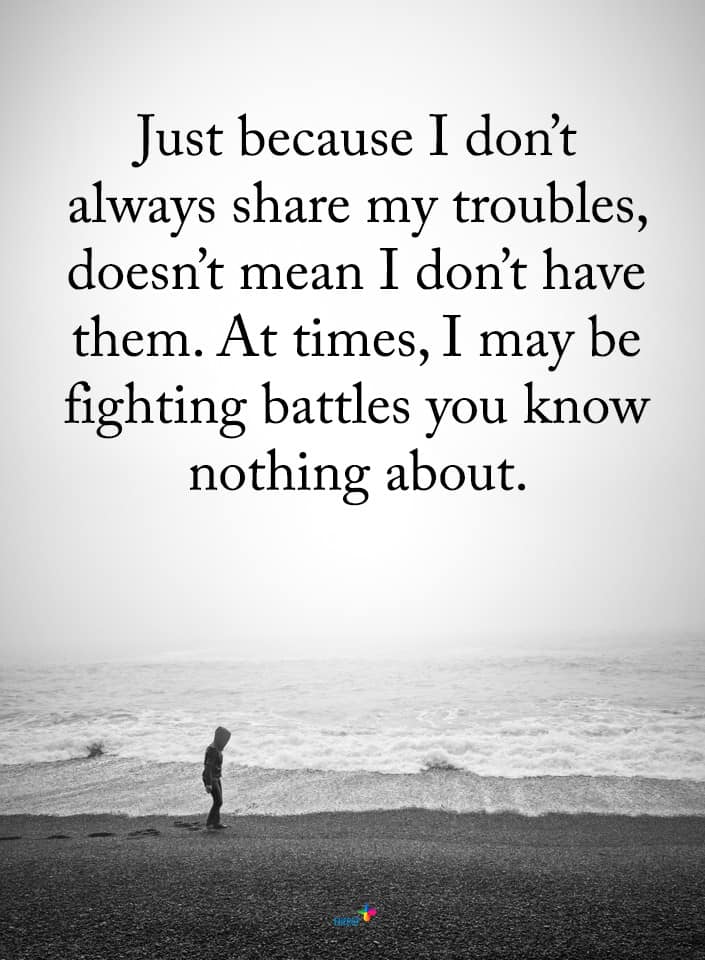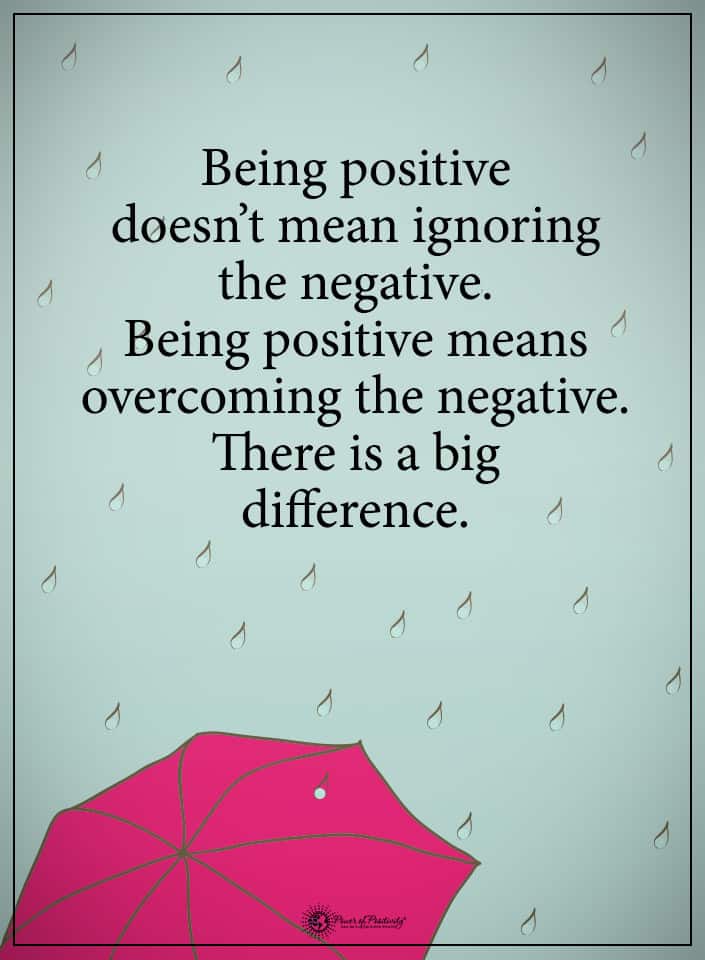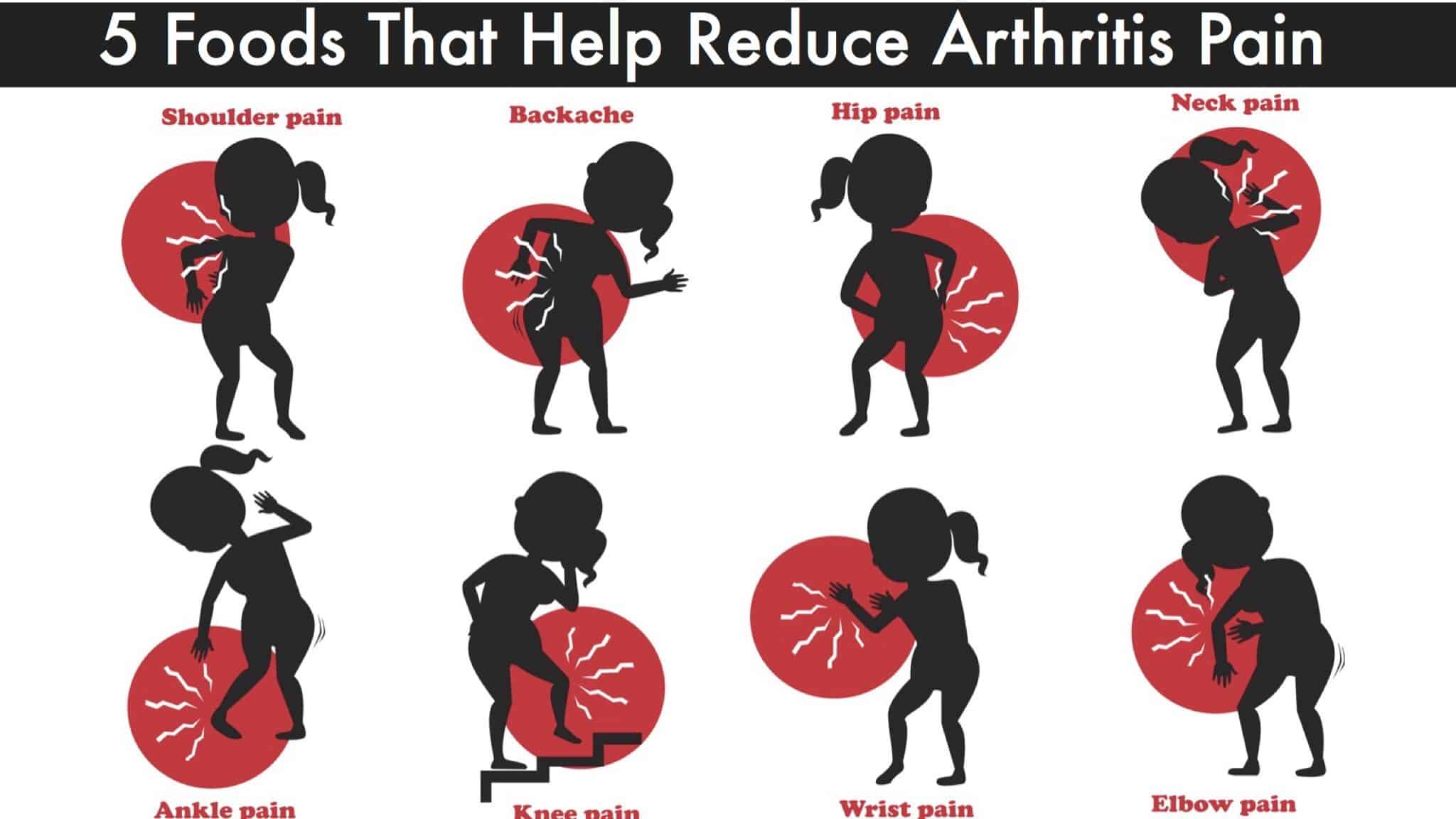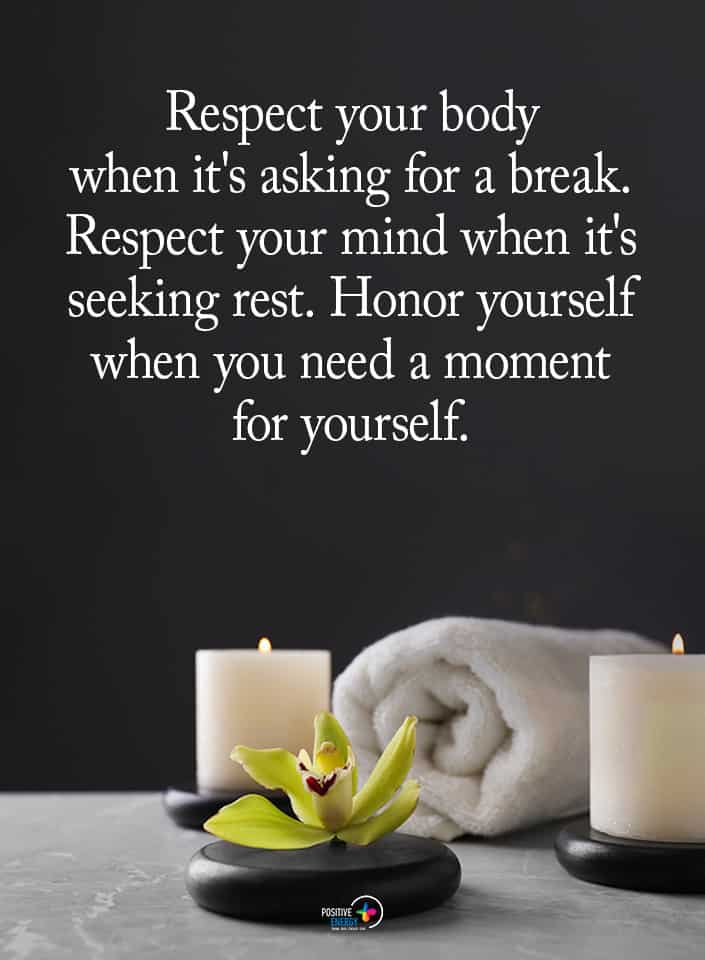Nonverbal communication can speak just as loudly – if not more so – than verbal communication. If you perform great types of body language, they can enhance your message, improve people’s positive thinking of you, and impress those around you. If your body language is bad, though, you’re more likely to wind up pushing others away.
Some types of bad body language are so common that you might not even realize that you’re performing them and, therefore, hurting other people’s impressions of you.
Here are 18 uses of body language to stop immediately.
1. Not Smiling
In social interactions, smiling is a great way to show off your confidence and openness. It is something we may often forget to do, especially in more formal situations, but smiling can have positive effects on many social relations. When you smile, others will:
- Be more receptive towards you
- Feel more open around
- React with more positive thinking to you
- Offer a smile back
However, do note that you should not give out fake smiles, as most people can very easily tell when someone is being insincere, even if they only pick up on it subconsciously.
2. Rubbing The Neck
Rubbing your neck seems like a natural and innocent gesture. In fact, you might be rubbing your neck just to relieve stress or tension in the area. Unfortunately, doing it around others might send the wrong message. Others might interpret this move as:
- Anxiety in a social situation
- Discomfort with the people you are interacting with
- Dislike of a situation or the people around you
3. Eye Rolls
It’s often said that the eyes are the window to the soul. That’s probably why the way you use them can convey so much information.
The act of rolling your eyes is a common and obvious sign of disrespect. It may be harmless in your mind, especially as an act of non-verbal communication around people you are close to, but it is just plain rude around many other people. Rolling your eyes expresses:
- Boredom
- Annoyance
- Disagreement
- Sarcasm
4. Looking Around Too Much
When you’re in a conversation, you should remain present within it. Looking around the room constantly and paying insufficient attention to the person you’re talking to is just plain bad manners, and it gives the impression that:
- You are looking for someone else to talk to
- The conversation topic is not interesting or engaging enough
- You don’t respect their time or company
5. Bad Posture
When you stand around with bad posture, you’re conveying a huge list of different negative pieces of information to those around you. Here’s how:
- With slumped shoulders and a caved-in chest, your body language indicates that you have surrendered and are not willing to take on challenges.
- When you slouch, you are telling others that you are insecure and have low self-esteem.
- General bad posture shows others that you lack the energy and enthusiasm to carry the conversation.
6. Playing With Hair
During any conversation, you should avoid playing with your hair. It’s distracting to the people you talk to. As such, you should refrain from running fingers across your hair and scalp, fidgeting with your hair, or even twirling it in a playful way. If you don’t stop, it can both damage your hair and send the wrong message, and it’s a habit that’s tough to break.
7. Invading Personal Space
No one likes it when someone else enters their personal bubble. Unless it’s somewhat you have a very close relationship with, it’s generally not a good idea to invade the personal space of any person. This is especially true with strangers or in business relationships.
As a general idea, you shouldn’t get closer to another person by 1 and a half feet, and remember that someone’s personal space isn’t yours to invite yourself into. Be aware of where and how you stand, as you can still get into a person’s bubble unknowingly.
8. Fidgeting
When talking or listening to someone, the act of fidgeting may be perceived as disrespectful to them. Actions such as twirling your hair, tapping your fingers or feet, touching jewelry, or constantly checking the time are considered as fidgeting. Others may think that:
- You are bored
- You don’t think the person is worth talking to
- You would rather be somewhere else
- You are impatient for the conversation to be over
9. Using Repetitive Gestures
A lot of people aren’t too sure what to do with their hands in conversation. Where should they rest? How much movement is too much movement? The latter question is more crucial than the former.
Many people who don’t fully talk with their hands fall victim to using repetitive gestures. Repetition speaks of anxiety and can make your point even less clear, as your gestures are supposed to match your speech. Use gestures sparingly and only when it is natural or helps emphasize a point. Each gesture should be strong, clear, and end cleanly.
10. Biting Fingernails
Biting your fingernails is a big no-no in social interaction. It’s a bit of a gross habit, to begin with, and it’s quite unsightly to do in front of other people. People often bite their nails when they are nervous, too, so others may consider you anxious when you use that gesture. Plus, it damages your nails and leaves a terrible impression on others.
11. Never Showing Acknowledgment
People often discount the importance of showing acknowledgment during social interactions. You need to show the people you are interacting with that you are listening to them. It helps them feel like they’re being listened to and it’s a basic sign of respect. You can show acknowledgment by:
- Giving a certain amount of eye contact
- Smiling at them
- Nodding when you agree
- Making the appropriate facial expressions
12. Crossing Legs or Arms
It’s natural for a lot of people to cross their arms and legs when they sit. However, if you’re speaking to someone, this might make you look defensive. It could send a message that you`re not open to interacting with another person or hearing what they have to say, or that you feel uncomfortable in their presence. If you keep your arms and legs uncrossed and your hands visible, you will appear more trustworthy.
The act of crossing your arms and legs when sitting comes naturally for most people, but during social interactions, that action may give off the wrong impression. It looks like you’re uncomfortable and like you aren’t open to interaction.
To begin with, you can appear more trustworthy to others when your hands are visible. But crossing arms and legs, in general, creates a closed posture that makes you seem defensive, and it’s commonly read as an anxious motion – so if you’re trying to convey a message of positive thinking, it’s not going to work that way!
13. Furrowed Brow
During social interaction, it is important to maintain a neutral expression. The act of furrowing your brows and scrunching up your face may give others the wrong impression. Effects of furrowing your brows at someone include:
- Unintentionally intimidating them, or coming across as hostile
- Discouraging them from opening up to you
- Causing them to be more defensive during the interaction
14. Acting Distracted
Giving someone your attention when they are talking is a common courtesy. It shows that you are engaged in the conversation. As such, it’s not a surprise that people find it rude when you look distracted while they are talking.
Even if you are paying attention, if your body language conveys otherwise, it will still offend the other party. So make sure you look at the other person you are speaking to and engage in active listening practices.
15. Shuffling
The way you walk affects people’s perceptions of you. People that walk with a straight back and a puffed chest, for example, have a more confident stance. In fact, there’s an unusual positive side to this behavior. Confident walkers have a lower chance of being mugged, so there are even more reasons to stop this body language.
On the other hand, walking with a slouch and shuffling along clearly speaks of nervousness and fear, and it indicates a lack of confidence that can make you a target for criminals.
16. Eyes Glued To Your Phone
If you are at a social gathering, it is respectful to put your phone away and engage with the group. After all, you’re surrounded by people – why would you need to check social media when real-life social activities are right in front of you?
Refrain from openly checking your phone and only do so if it is a prior obligation or emergency. With fewer distractions, it is easier to be present in conversations with others.
17. Bad Eye Contact
Eye contact is the foundational building block of almost all forms of social interaction. Good eye contact conveys confidence while a lack of it can make you seem untrustworthy, and over-the-top eye contact can come across as aggressive.
You want to find the balance between intimidating staredowns and unconfident avoidance. If eye contact is not comfortable for you, try to communicate that to the person you’re speaking to, especially if it’s someone you may work with or be around for a while.
18. An Odd Handshake
More often than not, the first impression someone will have of you is from your handshake. The intensity of your grip changes someone’s perception of you. A weak grip may send signals that you are new to a group or profession and are, therefore, unsure of yourself, while a very strong grip may send signals that you are aggressive or boorish.
Once again, just like with eye contact, you’ll want to find the balance between these two extremes. Your handshakes should be firm, not linger for more than two or three up-and-down motions, and not be a contest of strength.
 Final Thoughts On Some Uses Of Body Language To Stop Immediately
Final Thoughts On Some Uses Of Body Language To Stop Immediately
Body language is a very powerful communication tool, and it can be difficult to learn to interpret and use correctly. It’s about more than just how you hold yourself and what your expression looks like – it can change entire messages and speak louder than words.
By learning about the forms of body language you commonly use, you’ll be able to easily avoid making social faux pas by accident through negative body language. Make sure to avoid these 18 kinds of body language and replace them with better alternatives!


























